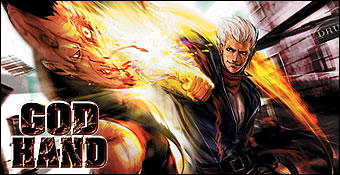
For a long time, their game was so clunky and tedious that the staff would reward themselves by playing DotA after play-testing League of Legends. ("That kind of model made sense," says Rick Heitzmann, a managing director at FirstMark Capital, which invested in that round and a subsequent one.) At one point, the game's outsourced code became so problematic that they had to scrap the whole thing, which delayed the launch by a year. How does he explain the appeal to nonplayers-or why, for him, spending more than a thousand dollars on virtual goods was worth it?īut they kept refining the game, and wooed a round of venture capital-$7 million-by selling investors on the idea that they would make a different sort of video game company, one rooted in e-commerce. One, Preston Breedon-Glen, a 20-year-old student, said that he'd spent more than $1,300 on champions and skins in the past couple of years. After that Friday night's match, two LoL players joined a small crowd waiting to catch a glimpse of the pros as they left the arena. But it is not only unfamiliar to the rest of the world-unlike, say, basketball-it is also completely unintelligible to outsiders.

It is beloved by a hundred million people.

"Imagine we invented basketball," says Merrill, "but we own every basketball court on earth, we sell you the shoes, and we built the NBA." His comparison, while hardly humble, gets at the company's dizzying scope. That business grew into a sprawling empire, brimming with creative potential and filled with salty and demanding fans. Ten years ago, founders Marc Merrill and Brandon Beck started building a business based on improving an online game they loved. Newly minted pro LoL team owners include Washington Wizards owner Ted Leonsis, Hollywood producer and Los Angeles Dodgers co-owner Peter Guber, AOL co-founder Steve Case, life coach Tony Robbins, and owners of the Philadelphia 76ers. In 2015, investors swooped in to buy stakes in teams and purchase slots in the league to build their own squads. Riot also sells corporate sponsorships, real-life merchandise, and streaming rights for its professional sports league. This year, those virtual goods will yield nearly $1.6 billion in sales for Riot, estimates SuperData, which tracks in-game spending. While it's free to download and play, devotees can purchase extra characters-champions, in LoL-speak-and buy them virtual clothing, known as skins, and plenty of other decorative stuff. Every month, more than 100 million gamers play LoL, as its fans call it.

You probably aren't a guy between the ages of 16 and 30, either. If you've never heard of League of Legends or the company that makes it, Riot Games, you're not alone. Welcome to League of Legends, a team-based online game, and the raging, addicted, electrifying, vain, oddly beautiful, absurdly lucrative, and often bewildering world that swirls around it.


 0 kommentar(er)
0 kommentar(er)
